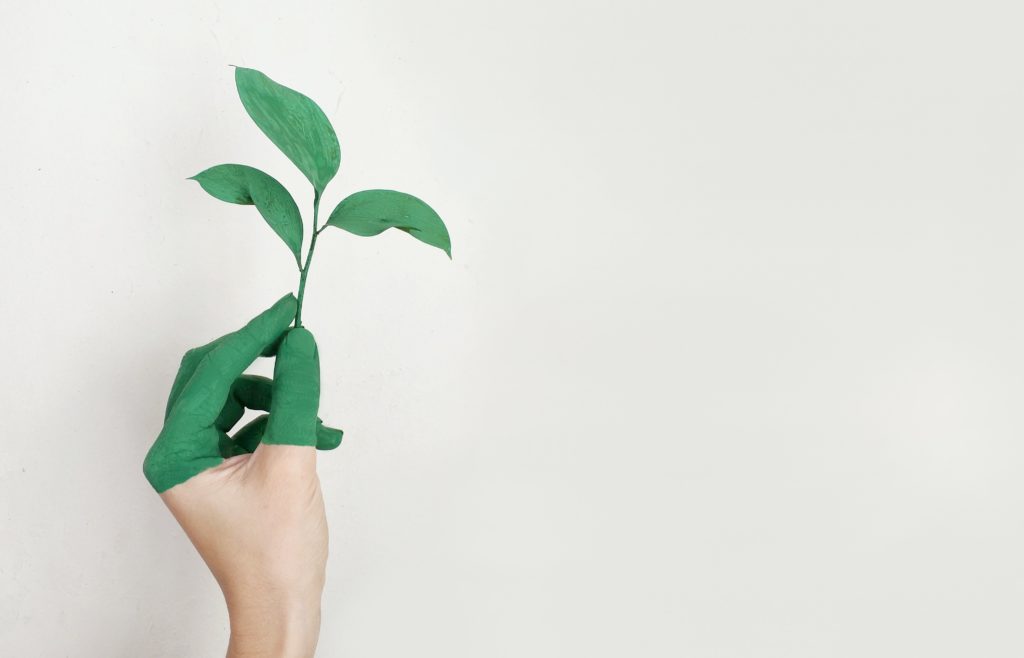Cardinal Arizmendi: Another Country, from Ecology
The Pope Invites Us to Change Our Style of Life, Starting from the Family

Cardinal Felipe Arizmendi Esquivel, Bishop Emeritus of San Cristobal de Las Casas and in charge of the Doctrine of the Faith in the Mexican Episcopal Conference (CEM), offers Exaudi’s readers his weekly article entitled “Another Country, from Ecology.”
* * *
See
Leaders of various countries are meeting to try to stop global warming and reach agreements to avoid the disaster of climate change, so evident in the a-typical phenomena of nature, which reacts violently, as a voice of alarm, so that we listen to their groans and change our attitudes. However, there are those that, because of the egoistic economic interests, continue to deny this drama. Many, for instance, don’t care where they put their rubbish. They throw it anywhere, causing not only contamination and a bad appearance, but plugging the natural water channels and making the disasters even worse.
When I arrived in Chiapas, I began to hear that there was talk of “mother earth,” and some wrote it in capital letters. My reaction was: have no other mother than my Mama, the Virgin Mary, and the Church . . . but I understand that it’s the land that gives us life, foods, water, air, and all the elements necessary to live. It’s not a divinity or a thinking being, but it is a living being that feels and reacts. Earthquakes, volcanic irruptions, hurricanes, rivers, and oceans move with signs of life. If the seas stayed still and didn’t make waves, they wouldn’t have life; there would be no fish and everything would be stagnant. As a river’s current, if it were stagnant and didn’t flow, it wouldn’t give life. If there were no earthquakes, or hurricanes, or volcanic irruptions, our planet would be dead. They are natural reactions, not divine punishments, and we must learn to live with them. With good reason, Saint Francis called it “our sister mother earth.”
Some enthusiastically praise native peoples as the best carers of our “common home,” and they insist that we must all learn from them the respect almost veneration of Mother Earth. Needless to say, there is much wisdom in these brothers and we must not rate as idolatry all their reverent signs towards nature. Those that have already accepted evangelization don’t adore them as gods but respect them as God’s gifts, which He has entrusted to us for our life. However, when these people are contaminated by money and otherworldly interests, they are also corrupted and destroy their habitat. Some years ago, when I had to use a small plane for a pastoral visit to remote places of the Chiapas jungle, the pilot told me that some Indian authorities had asked him to fly over their territory, to identify the number of trees that they would sell to wood traffickers. The ambition for money corrupts everything.
Think
In his encyclical Laudato Si’ on the care of our common home (May 24, 2015), Pope Francis begins with Saint Francis of Assisi’s prayer and a strong call to attention: “Be praised, my Lord, for our sister mother earth, which sustains and governs us and produces different fruits with colorful flowers and herbs.” This sister cries because of the harm we do her by the irresponsible use and abuse of the goods that God has placed in her. We have grown up thinking that we were her owners and masters, authorized to pillage her. The violence that there is in the human heart, wounded by sin, is also manifested in the symptoms of sickness that we see in the ground, in the water, in the air, and in living beings. Therefore, among the most abandoned and mistreated poor, this, our oppressed and devastated earth ”groans in travail” (Romans 8:22). We forget that we ourselves are earth (cf. Genesis 2:7). Our own body is made up of elements of the planet, its air is what gives us our breath and its water vivifies and restores us” (Nos. 1 and 2).
And he adds something that is very important, with which he refutes those that accuse him, saying that he forgets his religious mission and reduces himself to <speak of> social and ecological questions. In chapter 2, dedicated to the Gospel of Creation, he says, among other things: “if the sole fact of being human beings moves people to take care of the environment of which they are a part, Christians, in particular, discover that their task in creation, as well as their duties with nature and the Creator, are part of their faith” (64). The biblical narrations “suggest that human existence is based on three fundamental relationships that are closely connected: the relationship with God, with one’s neighbor and with the earth” (66).
“The love of God is the fundamental motive of all that is created. Even the ephemeral life of the most insignificant being is an object of His love and, in those few seconds of existence, He surrounds it with His affection: (77). “Jewish-Christian thought demystified nature. Without ceasing to admire it for its splendor and its immensity, it no longer attributed to it a divine character” (78). “The whole of the material universe is a language of God’s love, of His excessive love for us. The ground, the water, the mountains, everything is God’s caress” (84). “This doesn’t mean to equalize all living beings and to take away from the human being that peculiar value that, at the same time, implies a tremendous responsibility. Nor does it imply a divinization of the earth that would deprive us of the call to collaborate with it and protect its fragility: (90). “Today, we believers and non-believers agree that the earth is essentially a common heritage, whose fruits must benefit all. For believers, this becomes a question of fidelity to the Creator, because God created the world for all” (93). “Jesus assumes the biblical faith in the Creator God and stresses a fundamental fact: God is Father (cf. Matthew 11:25). In His dialogues with His disciples, Jesus invited them to acknowledge the paternal relationship that God has with all creatures, and He reminded them with moving tenderness how each of them is important in His eyes; “Are not five sparrows sold for two pennies? And not one of them is forgotten before God” (Luke 12:6).” Look at the birds of the air: they neither sow nor reap nor gather into barns, and yet your heavenly Father feeds them” (Matthew 6:26)” (96). “The Father is the ultimate source of everything, loving and communicative foundation of all that exists. The Son, Who reflects Him, and through Him, all that has been created, united Himself to this earth when he was formed in Mary’s womb. The Spirit, infinite bond of love, is intimately present in the heart of the universe, animating and stimulating new paths. The Three Persons, as one divine principle, created the world, but each one of Them carries out this common work according to their personal property. Therefore, when we contemplate the universe with admiration for its grandeur and beauty, we must praise the whole Trinity” (238).
Act
The Pope invites us to change our style of life, from the family: “Avoid the use of plastic material and paper, reduce the consumption of water, separate residues, cook only what can reasonably be eaten, treat other living beings with care, use public transport or share a vehicle among several people, plant trees, turn off unnecessary lights. All this is part of a generous and fitting creativity, which shows the best of the human being. The fact of reusing something instead of quickly discarding it, stemming from profound motivations, can be an act of love that expresses our own dignity” (211). “I also hope that in our Seminaries and Religious Houses of Formation there is education to responsible austerity, for the grateful contemplation of the world, for the care of the fragility of peoples and of the environment” (214).
Translation by Virginia M. Forrester
 (EN)
(EN)
 (ES)
(ES)
 (IT)
(IT)





